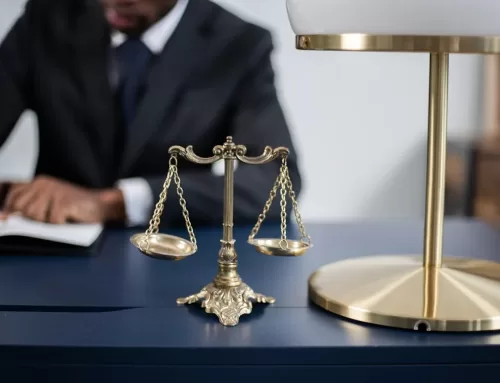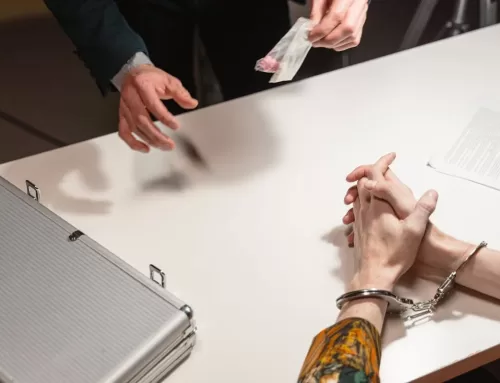The right to silence is protected under section 7 and section 11(c) of the Canadian Charter of Rights and Freedoms. It is meant to provide the accused the freedom to avoid implicating himself in criminal proceedings. That means that only statements made voluntarily to police at the time of arrest are permitted as evidence in court. Therefore, a suspect does not have any legal duty to speak to a police officer or any other authority or official.
In general, avoid providing a statement to the police unless you are a witness. You have a right to silence to protect your legal rights – that you are presumed innocent until proven guilty. When you provide an incriminating statement, it can be used as the primary basis for being convicted. Even if you provide a statement to exonerate yourself, it can and may be used by the prosecutor to try to undermine your credibility. This can happen when statements outside of court do not match statements while in court. Inconsistency damages credibility. To that end, suspects are generally better off giving no statement to avoid having your credibility attacked.
Also note that if you elect to speak with the officer, it is in your best interest to tell the truth. Lying to the authorities at the time of arrest or interrogation will likely cause additional charges of obstruction of justice and/or perjury.
If a police officer or other authority on the scene should force a statement, it is considered a violation and the statements would likely be excluded as evidence procured under duress. Keep in mind that the investigating or arresting officers are not required to remind the suspect that they have a right to remain silent. Yet, if you are not told about the right to silence, it is not considered a waiver of your rights, although some officials might suggest that was the case.
This right to silence is particularly used in situations when someone is being investigated for a criminal or semi-criminal act or a regulatory offence. Be aware – police often use tricks, such as lying to the suspect in order to persuade them to talk. This might include providing a fictional narrative, such as, “your accomplice took the deal – we know everything”. Police are also permitted to lie about potential evidence and use a number of additional tactics to try and encourage someone to make a statement.
A Few Exceptions
There are a few situations in which you are required to provide some limited information to the police or other authorities. For example:
- When you are stopped by the police while operating a motor vehicle, you are required by law to provide your license, insurance information and auto registration.
- If you are ever arrested or detained by the police, you must properly identify yourself. Any lies or misrepresentations can be used against you.
- When asked for information by a border officer, it is important to answer all of the questions honestly.
When Do Lawyers Get Involved?
You are not necessarily given the right to an attorney when being questioned by authorities, but you are entitled to consult with one if you have been detained or arrested. It is always in your best interest to consult with a criminal lawyer before speaking to the police. If you waive your right to speak with a lawyer, you may not be able to request one after an interrogation starts. Your lawyer can make sure you understand what the process might entail and provide you with legal advice about giving a statement. Otherwise, you are pretty much on your own without any legal advice. In most cases, the police are allowed to ask as many questions and for as long as they like, which is sometimes intended to wear the accused down and prompt an admission of guilt.
How to Protect Yourself
- If you are under investigation for an offence, it is advisable to retain a criminal lawyer. Be sure to get a consultation before speaking with the police. Get advice in advance before providing a statement. Your attorney may be able to get involved in a limited manner with the investigator on your behalf.
- If you do not hire an attorney after being unexpectedly arrested or detained, you will be able to consult with a free lawyer by telephone. It is always a good idea to speak to a criminal lawyer upon being arrested.
- Do not engage. Do not lie. Be honest about identifying yourself. Do not answer questions no matter how insignificant they may seem. Continue to repeat, “I do not want to give a statement.”
- Do not physically engage with police or resist arrest as this could bring an additional charge of assaulting a police officer. However, you do not need to answer questions or even acknowledge them other than complying with their orders.
Jaswal & Krueger are Experts in Criminal Law
Having a free attorney may sound good, but the reality is they cannot supply the expert advice of seasoned criminal attorneys. Our attorneys are known for finding the best defence by researching every angle that can work in your favour.
We encourage you to schedule a free consultation so we can understand your perspective and discover the strongest defence possible. Call us today at 604-585-8898 or contact us here. We want to hear from you!













